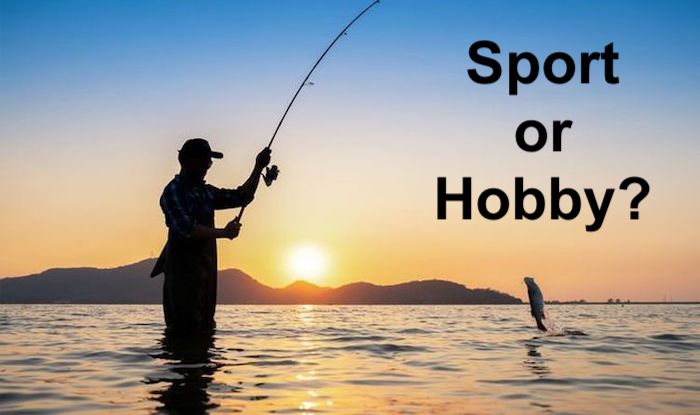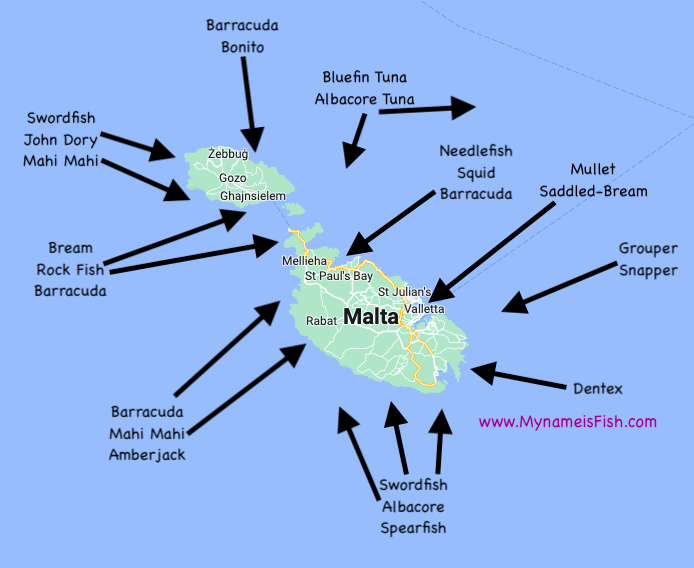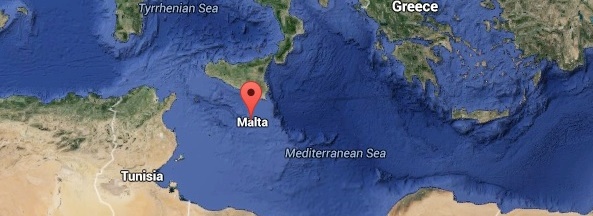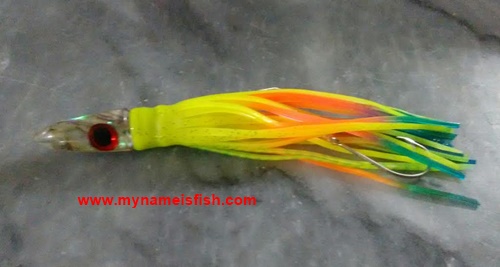Is Fishing a Sport or a Hobby?
Is Fishing one of your Hobbies or Sportive Activities?
Fishing can be both a sport and a hobby, depending on the individual's approach and motivations.
For some people, fishing is primarily a sport, with the objective being to catch as many fish as possible or to catch the biggest fish. These individuals may participate in fishing tournaments, use specialised equipment, and apply different techniques and strategies to improve their chances of success.
For others, fishing is primarily a hobby, a leisure activity done for pleasure and relaxation. They may enjoy being out on the water, taking in the scenery, and spending time with friends or family. They may also appreciate the challenge of catching fish, but not necessarily with the same level of competitiveness as those who view fishing as a sport.
Overall, whether fishing is considered a sport or hobby depends on the individual's perspective and goals.
As My Name Is Fish, I sometimes fish for fun as a hobby and sometimes I see it as one of the sports I regularly practice.
FISHING AS A SPORT
Fishing can be considered a sport since it involves physical and mental skill, competition, and enjoyment. Anglers who participate in fishing as a sport often aim to catch the largest, strongest, or most fish possible.
Fishing as a sport can be enjoyed in both freshwater and saltwater environments, with many different techniques and equipment options available to suit different types of fishing.
In competitive fishing, anglers participate in tournaments that often involve catching a certain species of fish within a specific time frame. These tournaments can be local, regional, or even international, and often offer significant cash prizes for the winners.
However, it's important to note that fishing as a sport can also have negative impacts on the environment if not done responsibly. Overfishing, habitat destruction, and pollution can all have negative effects on fish populations and their ecosystems. As such, it's important for anglers to practice responsible fishing techniques and follow regulations and guidelines set by local authorities.
FISHING AS A HOBBY
Fishing is a popular hobby enjoyed by millions of people around the world. It can be a relaxing and rewarding way to spend time outdoors and connect with nature. Here are some things to consider if you are interested in fishing as a hobby:
Equipment: To get started, you will need some basic fishing equipment, including a rod and reel, fishing line, hooks, bait or lures, and a tackle box to store your gear. You can purchase equipment at a fishing supply store or online.
Licenses: Depending on where you live, you may need a fishing license to fish in public waters. Check with your local government to find out what the requirements are in your area.
Types of fishing: There are many different types of fishing, including freshwater and saltwater fishing, fly fishing, ice fishing, and more. You can choose the type of fishing that appeals to you based on your location, interests, and level of experience.
Safety: Fishing can be a safe activity, but it is important to take precautions to protect yourself from injury. Wear appropriate clothing and shoes, be aware of your surroundings, and follow all safety guidelines and regulations.
Ethics: As an angler, it is important to practice responsible fishing and conservation. Follow catch and release guidelines, use only legal bait and equipment, and respect the environment and other anglers.
Fishing can be a fun and rewarding hobby, but it does require some knowledge and preparation. With the right equipment, safety measures, and ethical practices, you can enjoy the thrill of the catch and the beauty of the outdoors.
Fishing can be considered a sport since it involves physical and mental skill, competition, and enjoyment. Anglers who participate in fishing as a sport often aim to catch the largest, strongest, or most fish possible.
Fishing as a sport can be enjoyed in both freshwater and saltwater environments, with many different techniques and equipment options available to suit different types of fishing.
In competitive fishing, anglers participate in tournaments that often involve catching a certain species of fish within a specific time frame. These tournaments can be local, regional, or even international, and often offer significant cash prizes for the winners.
However, it's important to note that fishing as a sport can also have negative impacts on the environment if not done responsibly. Overfishing, habitat destruction, and pollution can all have negative effects on fish populations and their ecosystems. As such, it's important for anglers to practice responsible fishing techniques and follow regulations and guidelines set by local authorities.
FISHING AS A HOBBY
Fishing is a popular hobby enjoyed by millions of people around the world. It can be a relaxing and rewarding way to spend time outdoors and connect with nature. Here are some things to consider if you are interested in fishing as a hobby:
Equipment: To get started, you will need some basic fishing equipment, including a rod and reel, fishing line, hooks, bait or lures, and a tackle box to store your gear. You can purchase equipment at a fishing supply store or online.
Licenses: Depending on where you live, you may need a fishing license to fish in public waters. Check with your local government to find out what the requirements are in your area.
Types of fishing: There are many different types of fishing, including freshwater and saltwater fishing, fly fishing, ice fishing, and more. You can choose the type of fishing that appeals to you based on your location, interests, and level of experience.
Safety: Fishing can be a safe activity, but it is important to take precautions to protect yourself from injury. Wear appropriate clothing and shoes, be aware of your surroundings, and follow all safety guidelines and regulations.
Ethics: As an angler, it is important to practice responsible fishing and conservation. Follow catch and release guidelines, use only legal bait and equipment, and respect the environment and other anglers.
Fishing can be a fun and rewarding hobby, but it does require some knowledge and preparation. With the right equipment, safety measures, and ethical practices, you can enjoy the thrill of the catch and the beauty of the outdoors.
Now, my friends, you tell me, What is fishing for you?










Comments
Post a Comment